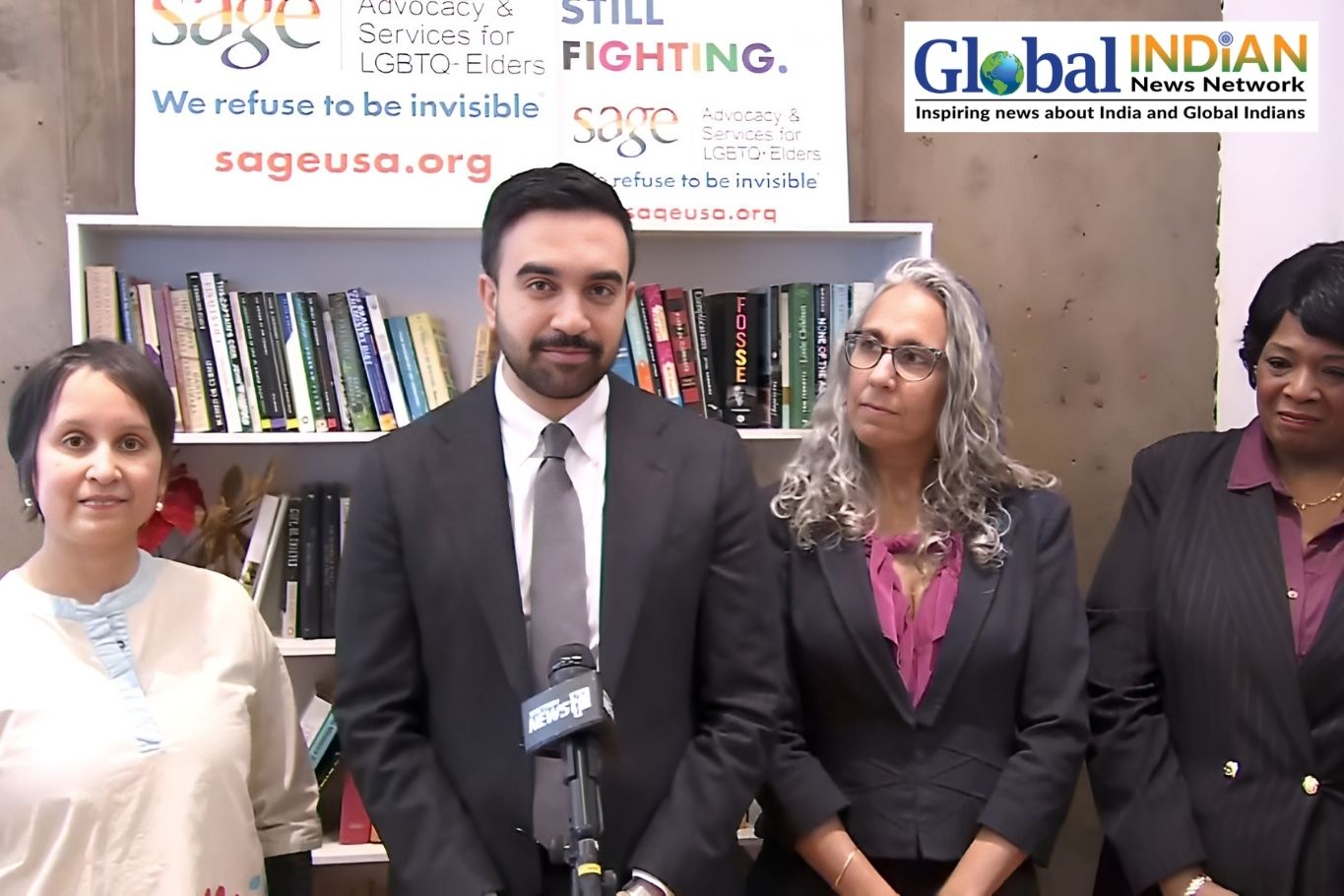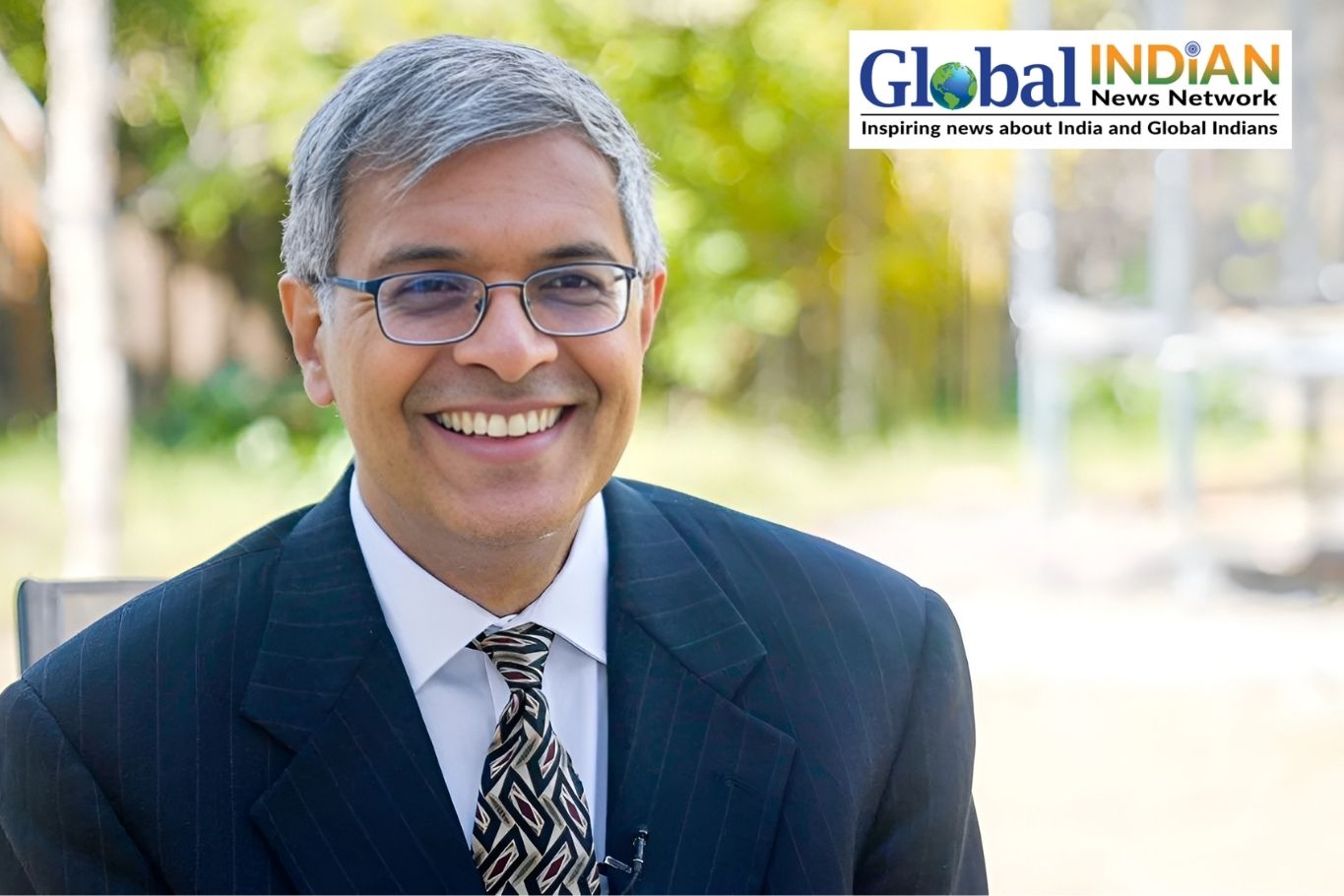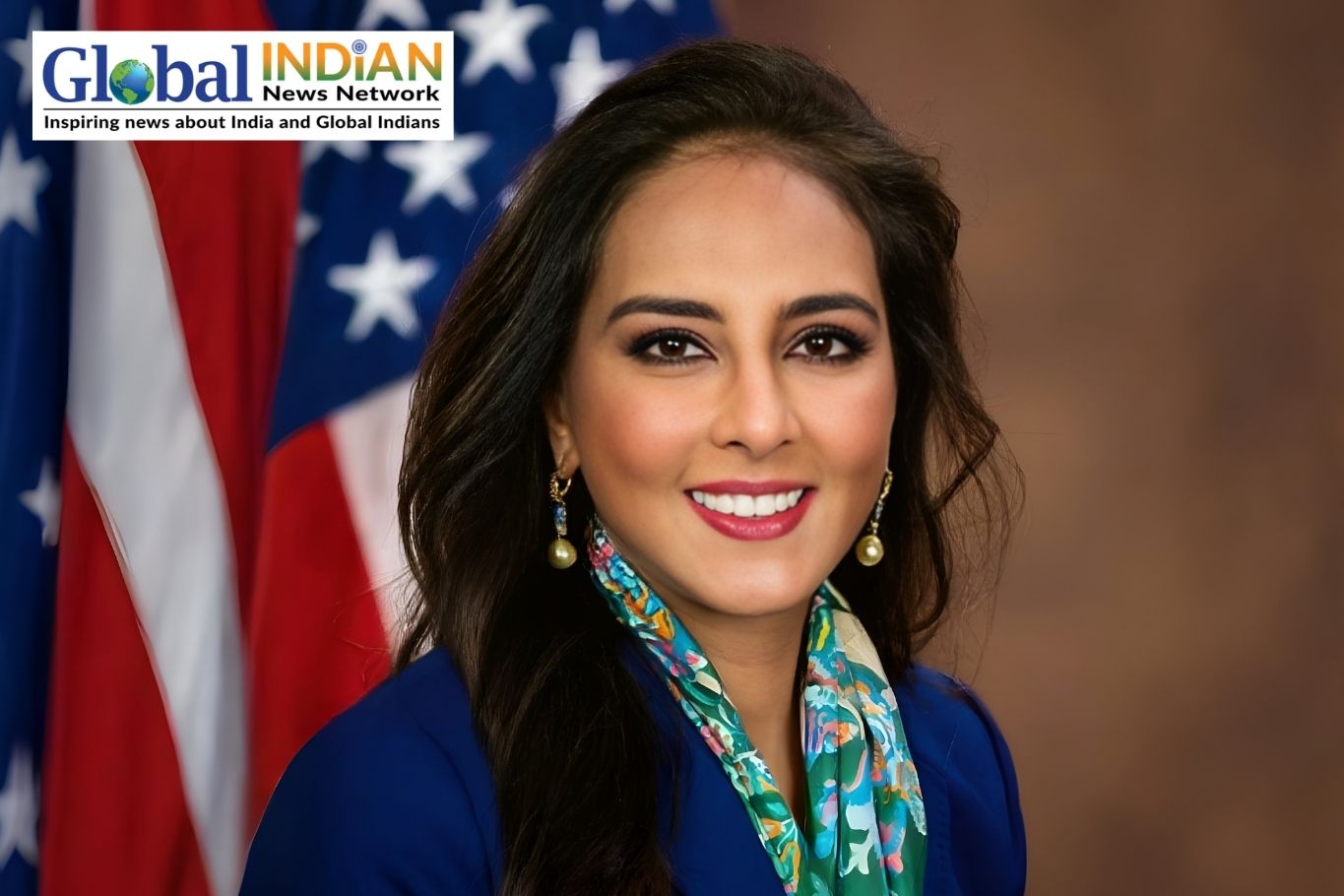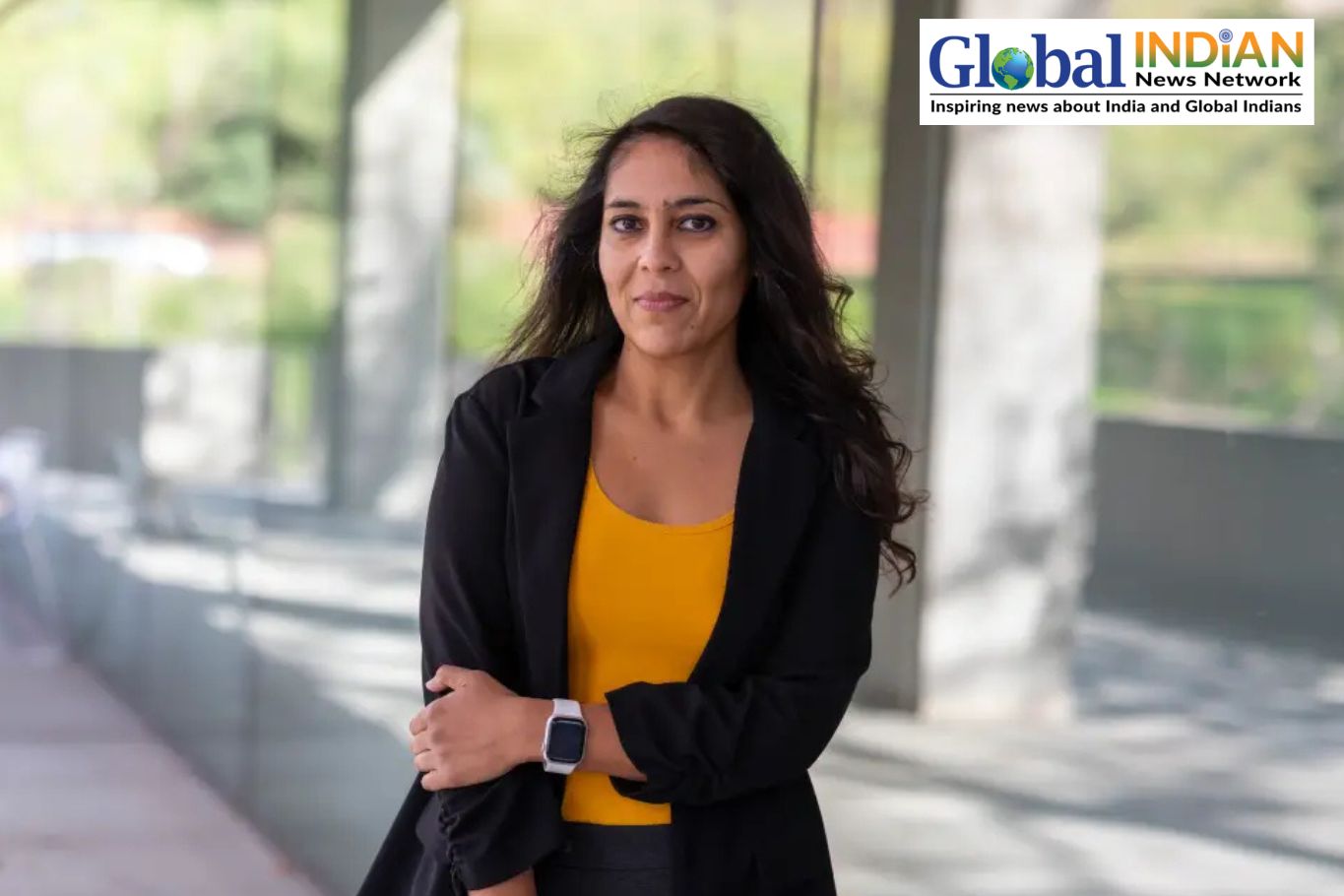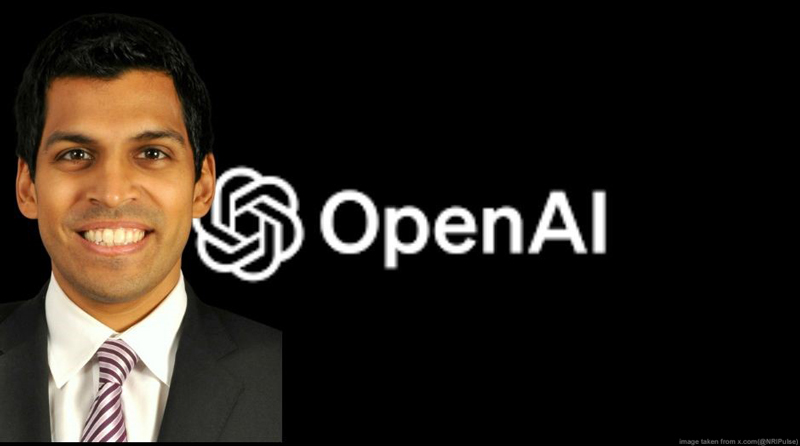 OpenAI, a prominent American AI research firm, has recently announced the selection of Dr. Aaron “Ronnie” Chatterji as its inaugural Chief Economist. Dr. Chatterji, a professor at Duke University specializing in business and public policy, previously held the position of CHIPS coordinator at the White House.
OpenAI, a prominent American AI research firm, has recently announced the selection of Dr. Aaron “Ronnie” Chatterji as its inaugural Chief Economist. Dr. Chatterji, a professor at Duke University specializing in business and public policy, previously held the position of CHIPS coordinator at the White House.
In his new capacity, Dr. Chatterji will spearhead investigations into how artificial intelligence impacts economic expansion and job opportunities. This research will encompass the worldwide economic ramifications of establishing AI infrastructure, insights into long-term trends in the labor market, and strategies to equip the current and future workforce to leverage the advantages of this technology.
Dr. Chatterji emphasized that his career has focused on exploring how innovation and entrepreneurship shape the economy and society. He expressed enthusiasm about applying this knowledge to advance OpenAI’s mission of making artificial intelligence benefits widely accessible and looks forward to contributing to research that guides the shift toward an AI-powered economy.
Dr. Chatterji currently holds the position of Mark Burgess & Lisa Benson-Burgess Distinguished Professor at Duke University. He has played a crucial role as the Biden White House’s CHIPS coordinator, managing the implementation of the $52 billion CHIPS and Science Act, and has held significant roles, including Acting Deputy Director of the White House National Economic Council and Chief Economist at the US Department of Commerce.
Dr. Chatterji has also contributed as a senior economist on President Obama’s Council of Economic Advisers and has participated in various statewide economic policy advisory commissions in North Carolina. He has authored two books and more than 30 peer-reviewed articles in leading journals covering strategic management, economics, finance, and organizational studies.
Larry Summers, OpenAI Board Member and former U.S. Treasury Secretary, highlighted Dr. Chatterji’s deep understanding of the economic and societal forces at play, noting that it will guide OpenAI’s mission to create AI tools aimed at fostering growth, solving complex issues, and supporting sustainable prosperity.
OpenAI aims to collaborate with global policymakers, academic institutions, and organizations to enhance AI’s role as an economic catalyst within communities and assist its developer community and businesses of various sizes in expanding and competing effectively.

